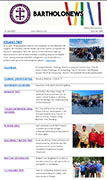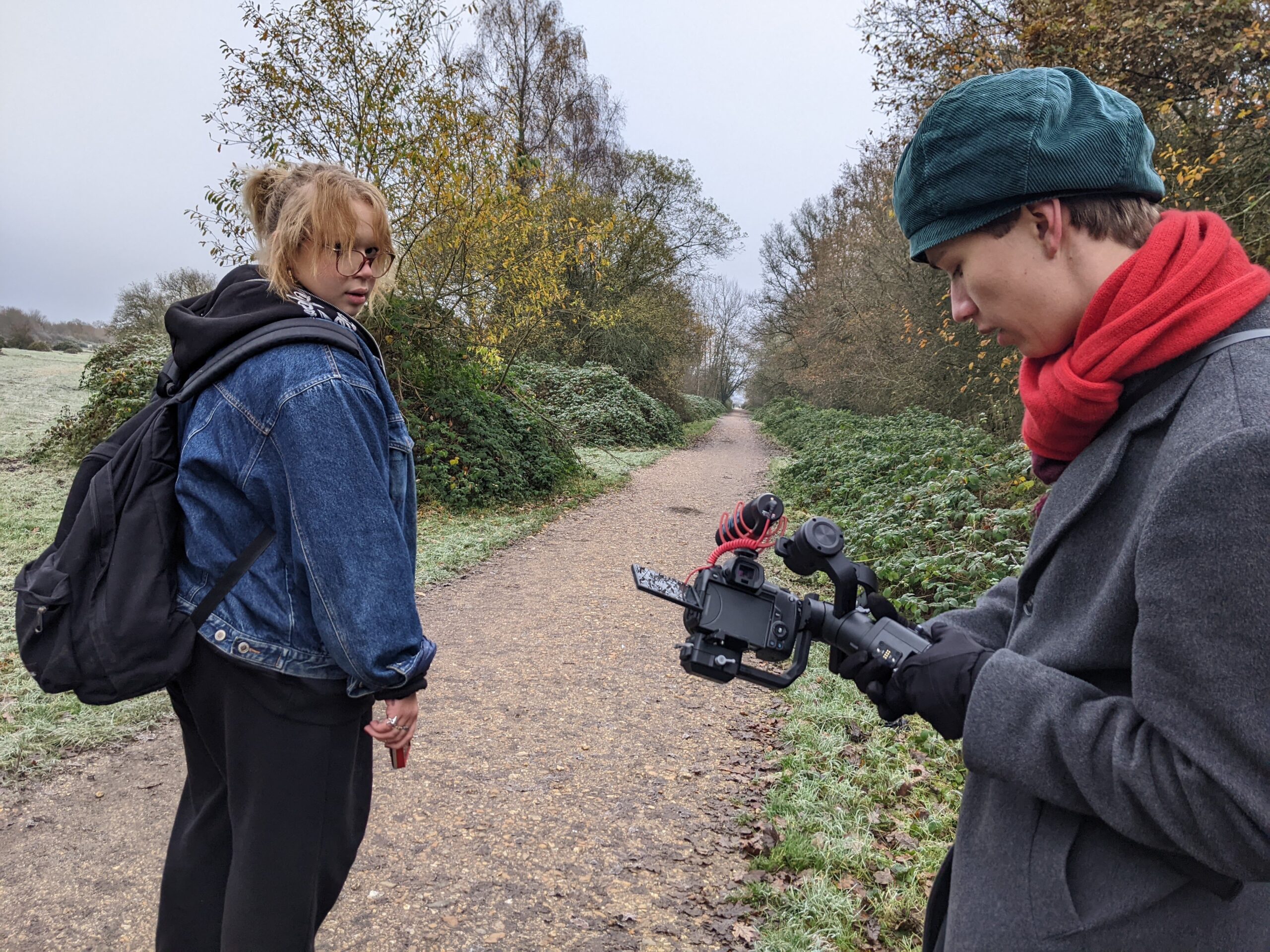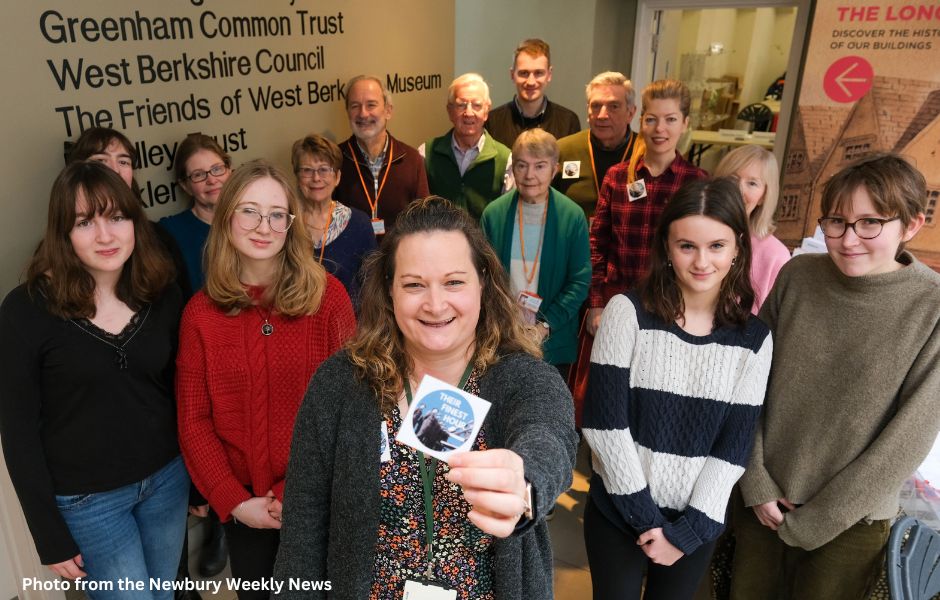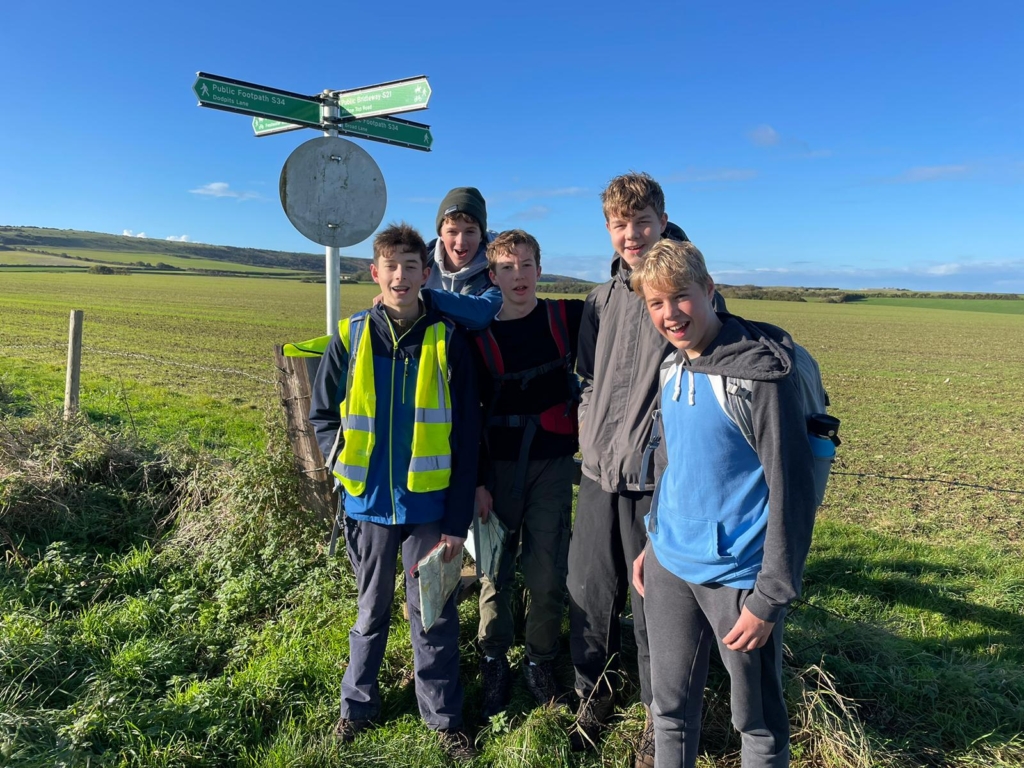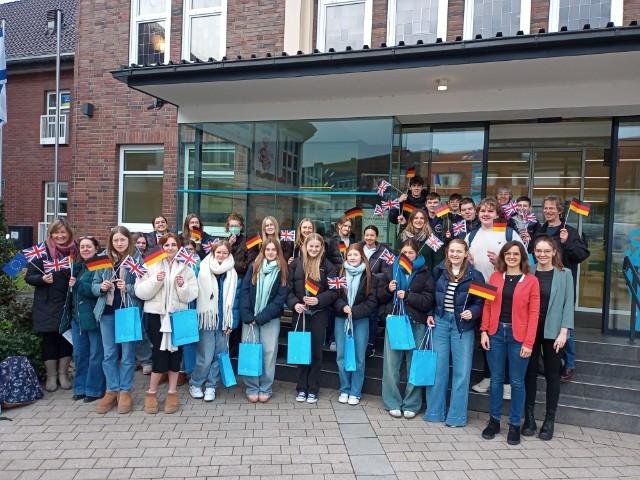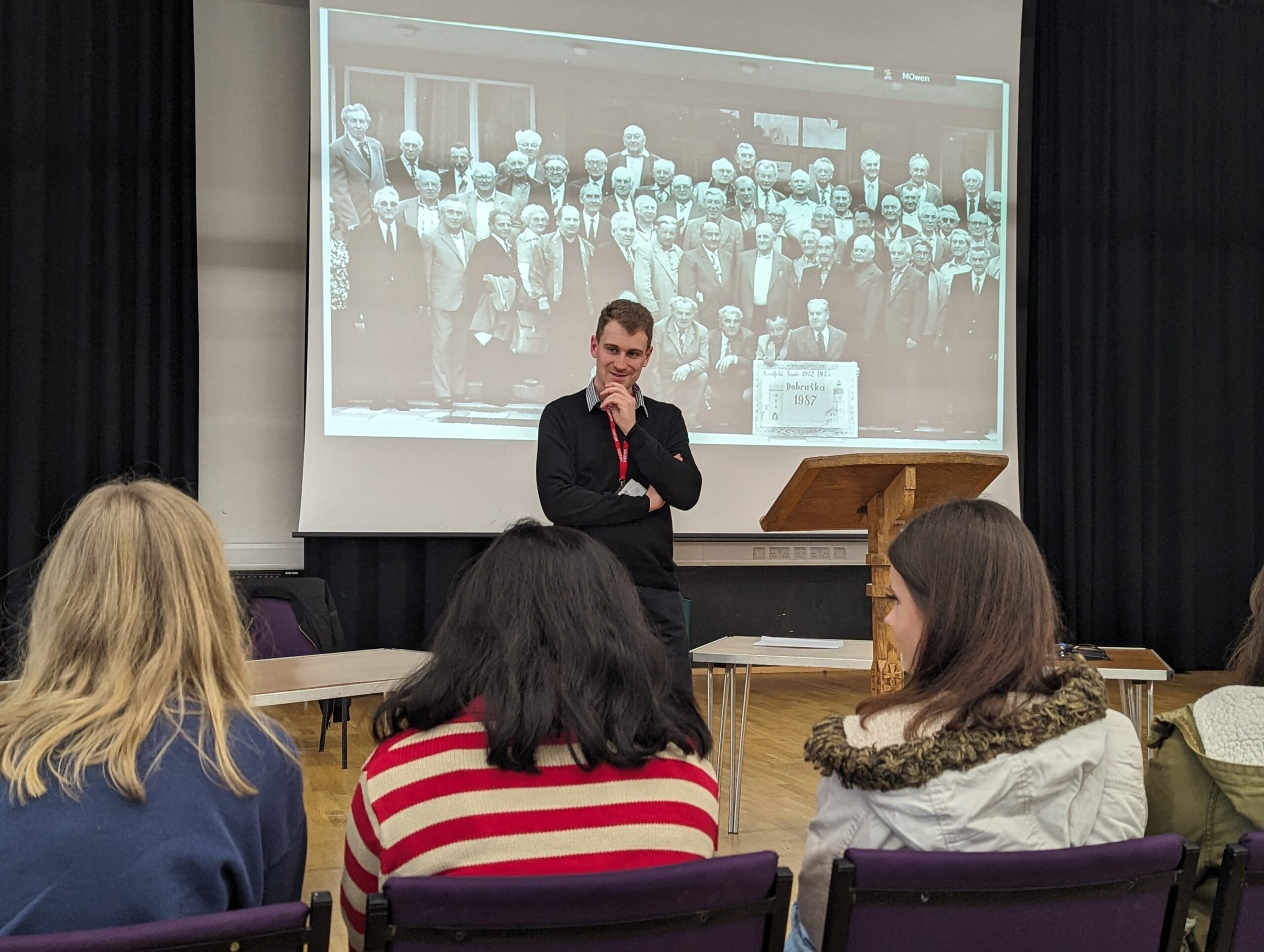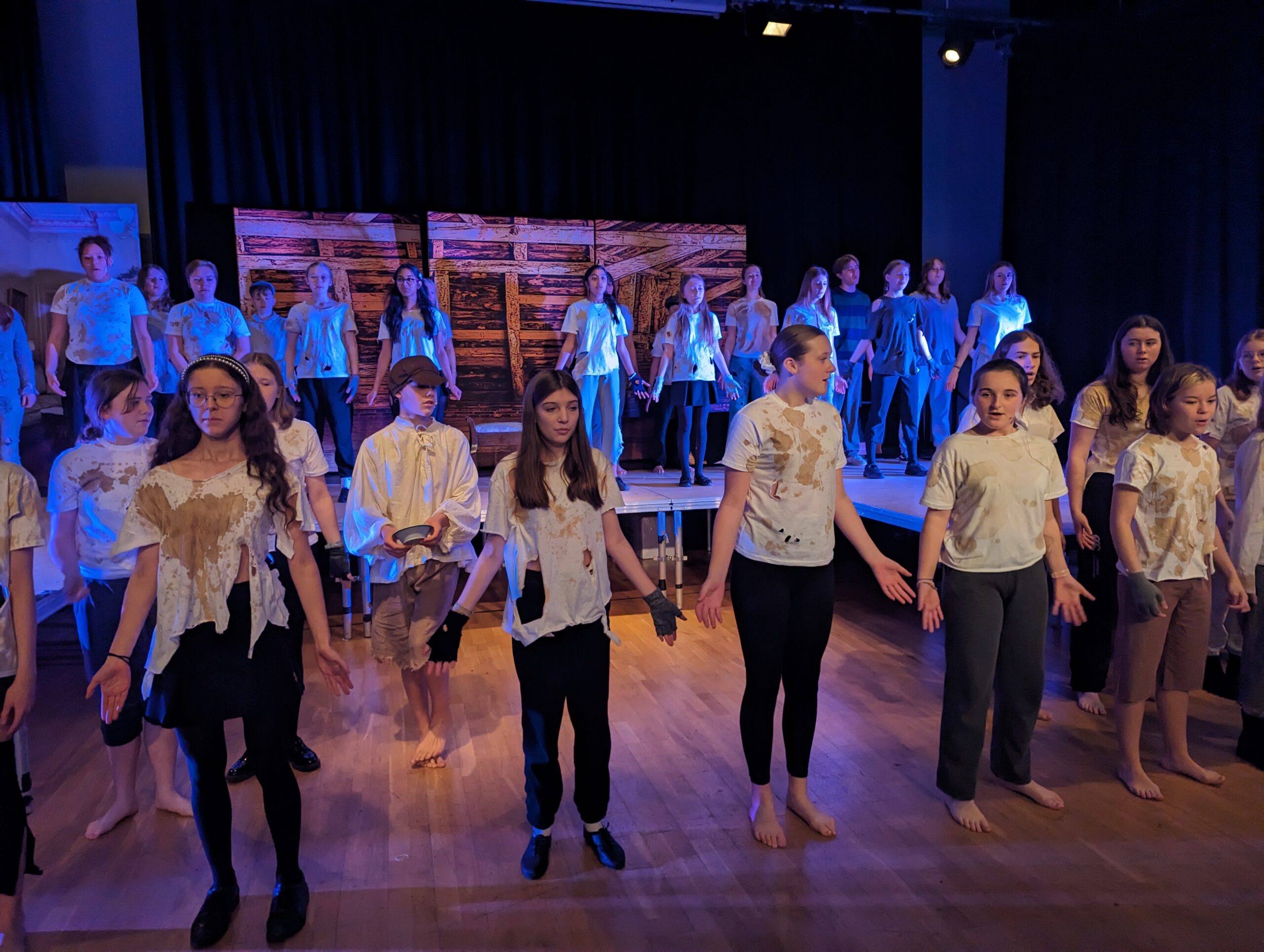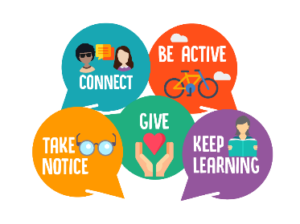 As we respond to changing advice, guidance and news, we want to remind and encourage all members of our community to take steps to promote their wellbeing during the uncertainty of the current times.
As we respond to changing advice, guidance and news, we want to remind and encourage all members of our community to take steps to promote their wellbeing during the uncertainty of the current times.
The Five Ways to Wellbeing research, conducted by the New Economics Foundation, is used by the NHS and a range of leading Mental Health charities including Mind. We as a school also promoted this in our 25 March 2020 edition of BartholoNews.
The research identified five key things it is valuable to incorporate as part of our daily lives in order to help build resilience, boost our wellbeing and maintain positive mental health. These Five Ways to Wellbeing are: to connect; to keep learning; to be active; to give and to take notice.
In the current climate, a degree of creativity is needed if we are to do each of these things safely and while following government guidance on social distancing, however our staff and students had some excellent ideas about how they could focus on each even while remaining in the home.
Connect
Feeling close to and valued by others is important. Given the current advice about social distancing, students considered how to maintain positive connections with those they may not see in person for a while, such as older family members and friends. We also considered how to maintain positive relationships with those we live with while adjusting to spending considerably more time together at home.
Some top tips:
– Make the most of the technology we have available to help us stay in touch with family and friends in a meaningful way; schedule in time for Facetime / Skype catch ups with family who we don’t live with, or get out some paper or cards and spend some time writing letters that might brighten up someone’s day.
– Think carefully about how we are connecting with others on social media and ensure that we are being mindful of how comments and messages may make others feel. Think also about what limits we put on our social media use – it’s important to have some time away from the steady stream of messages and updates. Purposeful, positive and intentional interactions are much better than a continual drip-feed of updates.
– Take time to enjoy the company of family; dig out the board games or puzzles or work on something you enjoy together. Ask others how they are feeling and really listen to their answers.
– Stay connected with St Bart’s; read Bartholonews/InTouch messages from staff to stay up to date with what’s happening across the school community.
Keep Learning
Research continually shows how positive learning can be for your mental health.
Some top tips:
– If you are well, make sure you are staying on top of the work that is being set for you by class teachers and that you are submitting work when asked to.
– Attend all scheduled live lessons, if you are well enough.
– Take responsibility for your own learning at home; establish routines to help, like regular times of the day you will work on set assignments and some ways you will reward yourself for work completed.
– Beyond completing schoolwork, there are many other ways to keep learning while you are at home. Reading has to top our list of things to do!
Be Active
For many of us, our current means of keeping active isn’t available at the moment as clubs and activities have been shut down and our access to outside spaces is limited. However, there are many ways to include daily exercise as part of your routine while at home as exercise, along with other healthy lifestyle choices like eating and sleeping well, is key to protecting our mental health.
Some top tips:
– Keep an eye on Satchel One (Show My Homework) for advice from your PE teachers.
– Joe Wicks is back on Youtube; if you haven’t yet, why not give it a go?
– Many tasks around the house and garden are great for exercise – think about how cleaning, hoovering, cutting the grass can give you the opportunity to be active and to be helpful.
– Keep up to date with Government advice and, where it is permitted for you to do so, make the most of opportunities to get outside and get some activity and fresh air.
Give
Research shows that those who regularly do something kind for others have higher levels of wellbeing and are more likely to identify as feeling happy. While it is important that we are safe in how we are supporting others at this time, there are still opportunities for us to give to others, particularly when it comes to giving our time.
Some top tips:
– Be generous with our families. Give our time and efforts to help others. That could be helping more proactively with household tasks to ease the burden on other family members or being thoughtful in our interactions with each other.
– Use some of the skills you have to teach others; that could be using your ICT skills to help elderly relatives by ordering their online shop for them, or supporting younger siblings with school work.
– Give some time to help those in our communities. This needs careful thought so as to be managed in line with Government advice about social distancing, but think of ways you can reach out to those around you, perhaps virtually.
Take Notice
Paying attention to the present moment, or ‘mindfulness’ as it’s often referred to helps us enjoy life more and understand ourselves better.
There are many activities that can help us carve out a little time for pause and reflection and many of you will already have activities you do regularly to do this. These could include ‘colour me calm’ activities, or a gratitude journal to reflect on the things you are thankful for each day. With world news so focussed on Covid 19 and our daily lives so affected by it, it’s important to take time off from worry about the pandemic and mindfulness activities can help with that.
Some top tips:
– Take time away from social media and regular updates; turn off your phone or, at the very least turn off notifications and limit the frequency you check messages and updates each day.
– Take time to notice things others do for you at home and thank them for it.
– If able to spend time outside, focus on the natural world around you, make the most of the opportunity to observe the changes Winter is bringing each day.
– Make use of mindfulness resources you’ve considered in PDP, assemblies, lessons or tried before yourself that you’ve enjoyed.
The suggestions above are by no means exhaustive, and we are sure that each families will have their own creative ways in which to try and incorporate some of these areas into everyday life as we adapt to the current circumstances. We hope we’ve given you some to get you thinking and look forward to hearing about what you try.

